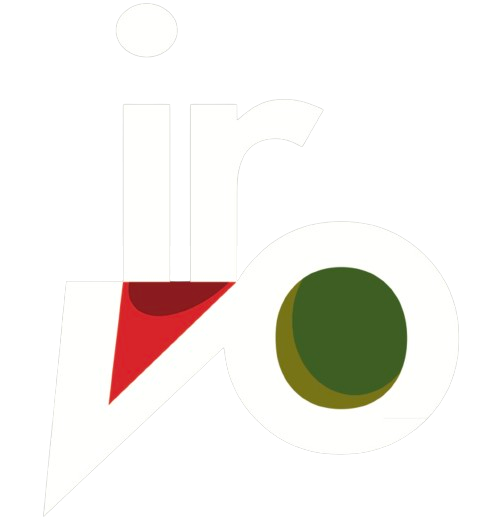22 April 2014
Reduction of the alcohol content in wines, new project
The OK has arrived for a new project by IRVOS. After having recently concluded, with great success in terms of results, both the INOVENO (oenological innovation) and AVIGERE (precision viticulture) projects, both financed with European funds through the Sicily PSR 2007/2013, the Institute does not stop and looking to the future with a view to "intelligent" support to the region's wine companies, the Process and product innovation project in the Sicilian wine supply chain is underway. This time the funds will come from line 4.1.1.1. of the ERDF (European Rural Development Fund). The project will be divided into three macro-activities: the reduction of the alcohol content of the wines and the increase of their glycerol content, the reduction of the sulfur dioxide (SO2) content in the wines and the increase in the longevity of the red wines produced in Sicily. “For several years three UU.OO. of the Area, those of Biotechnology, Viticulture and Transfer and Sustainability, together with the oenologists of the Dalmasso winery in Marsala,
conducted the studies that created the premises for this project. – explains Daniele Oliva of the IRVOS laboratory – We hope to now make a significant contribution in the transfer of innovative technologies for the production of wines that are highly requested by the market today, such as those without sulphites”.
As was the case for previous projects, the main objective of the Process and Product Innovation in the Sicilian wine supply chain project will also be to help Sicilian wine companies through research. Help them in the sense of providing them with further data and details that can lead to the qualitative improvement of the wines and consequently to their higher competitiveness and attractiveness on the market. The three macro areas of activity will unfold through different phases. First of all, the production of wines with less alcohol and more glycerol, through the use of a new yeast strain isolated and selected from the Sicilian territory. This is followed by the production of wines with reduced or zero sulphite content thanks to a protocol that uses inert gases. Finally, studies on the expression of genes for the synthesis of polyphenols and the evolution of their structure during the ripening of grapes and wines. We will also aim to identify varieties suitable for the synthesis of polyphenols under stress conditions and to develop maturation and refinement techniques for Sicilian wine with the aim of delaying browning. Up to the production of red wines resistant to conservation. “All these activities will be carried out first on a small scale and then in real cellars and represent one of the fundamental themes of the project due to the effects they have on quality, sensory characteristics and the adaptation of the wines to market demands. The results - concludes Oliva - of the techniques that will be tested will be evaluated on a chemical and sensorial level and will be applicable by wine producers". This time too, collaborations with some of the island's wineries will come into play. Here they will be: Cantine Settesoli (leader of the project), Cantine Colomba Bianca, Cantina Primavera, Azienda Nicosia spa and Cantina Viticoltori Associati di Canicattì.
Ultime notizie
News 9 January 2025
Public Consultation Update PTPCT IRVO 2025-2027
Public consultation for the purpose of updating the Three-Year Plan for the Prevention of Corruption and Transparency (PTPCT) 2025/2027 In order to allow maximum involvement in the preparation of the update of the Three-Year Plan for the Prevention of Corruption and Transparency of the Regional Institute of Wine and Oil for the three-year period 2025/2027, all those who are interested are invited - in particular citizens, companies, consumer associations, representative trade unions, other entities operating in the territory representing particular interests - to send observations and/or proposals to the Person in Charge of the Prevention of Corruption and Transparency (RPCT), which will be evaluated when drafting the document.

